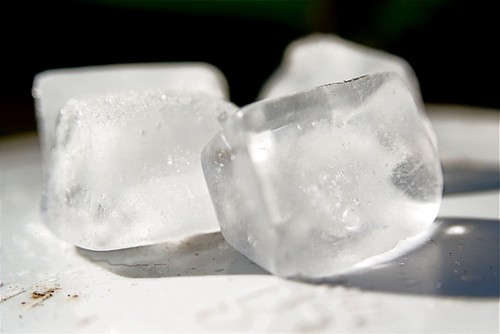what is the smallest particle of an element that retains all of the property of that element called
atoms
A change in which no new substances are formed. Its a change in state.
Physical Change
Phase of matter with a definite volume and a definite shape is a...

solid
Gas to liquid:
(Dew on grass)

condensation
composed of two or more elements NOT chemically combined
mixture
repulsion between closely packed protons in the nucleus is over come by
nuclear forces
Any change that results in the formation of new substances.

Chemical change
Phase of matter with a definite volume and no definite shape is a..

Liquid
Liquid to Gas:
(Puddles disappearing)

evaporation
a pure substance that contains two or more kinds of atoms
compound
what is Positively charged subatomic particle. Found in the nucleus of the atom.
proton
Color, shape, size, density, melting point, and boiling point are..

Properties of Physical Change
Phase of matter with no definite volume and no definite shape is a...

gas
Solid to liquid:
(Ice to water)

melting point
cannot be separated into simpler materials by chemical reaction
element
what is Negatively charged subatomic particle. Found outside of the nucleus in energy levels. Smallest particle...
electron
melting, freezing, vaporization, condensation, sublimation are examples of...
Physical Change
A phase change from a solid to a liquid is a...

Phase Change: Melting
Liquid to solid:
(Water to ice)

freezing point
what is gold
element
what is The small parts that make up the atom. Protons, electrons, and neutrons.

Subatomic Particles
Odor, color, temperature, Burn, bubbles are examples of...

Chemical Change
Temperature at which a solid changes to a liquid -
Ice melts at O Celsius

Melting Point
can be poured and take on the shape of their container. Has mass and volume.

Liquid
their properties are usually quite different from the properties of their components
compound